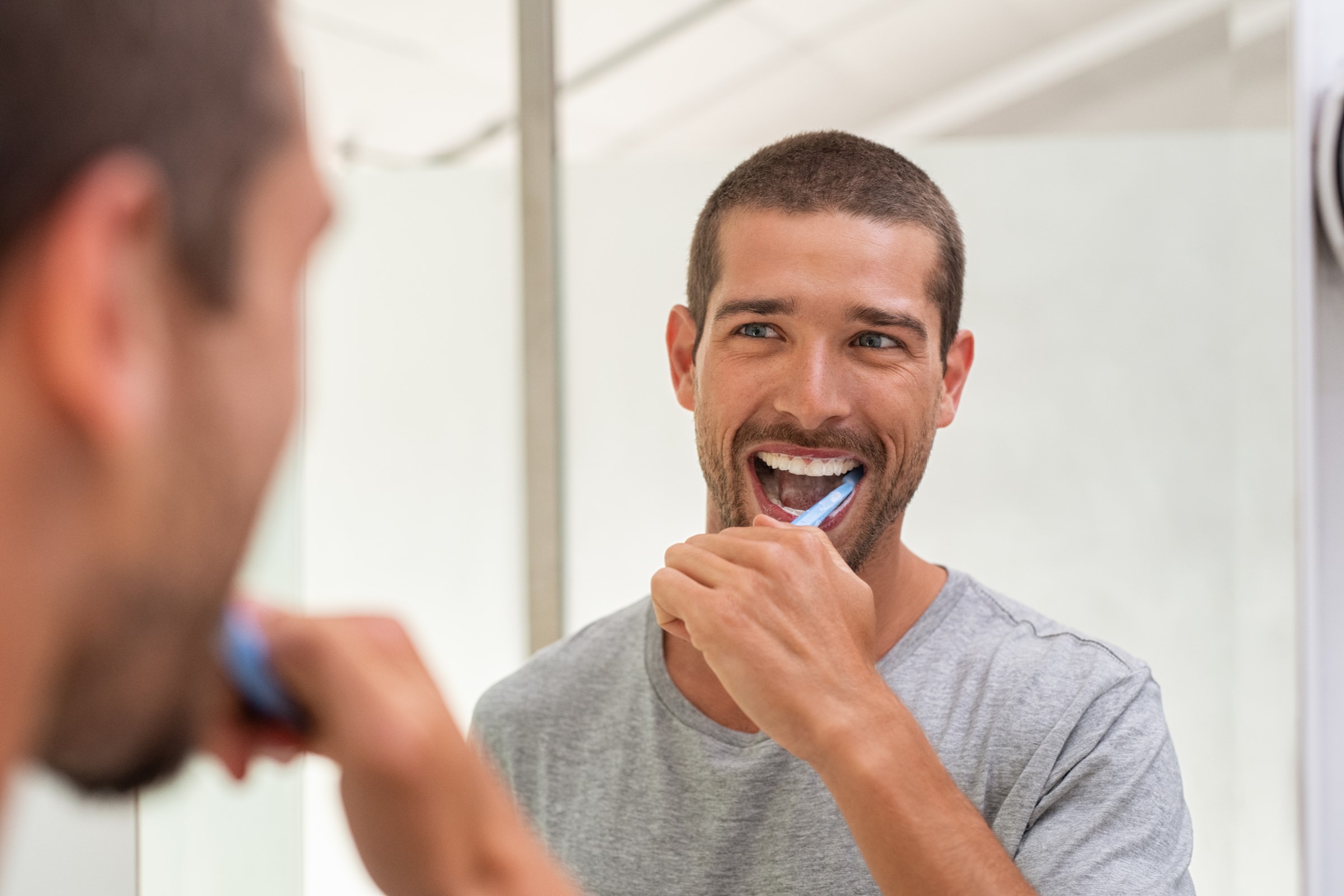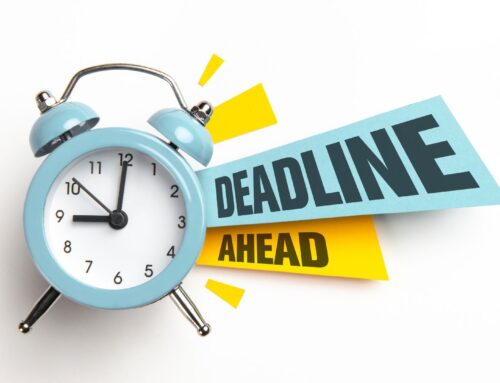When you’re making your New Years’ resolutions don’t forget about your oral hygiene routine. Everyone could use a little boost when it comes to keeping their teeth clean and healthy. Here are 8 bad brushing habits to leave behind as we go into the new year.
Keeping Your Toothbrush for Too Long
The ADA recommends changing your toothbrush every 3-4 months, so make a resolution to change your toothbrush with every season this year. Frayed and broken bristles won’t keep your teeth clean—these are signs it’s time to let go. When you’re shopping, look for one with the ADA Seal of Acceptance.
Not Brushing Long Enough
Speed demons, listen up! Your teeth should be brushed for a full two minutes, twice per day. Most of us fall short —the average time most people spend brushing is 45 seconds. If you’re racing through cleaning, try setting a timer. Or distract yourself by humming your favorite tune!
Brushing Too Hard
Be gentle with your teeth. You may think brushing harder will remove more leftover food and the bacteria that loves to eat it, but a gentle brushing is all that’s needed. Too much pressure may damage your gums.
Brushing Right After Eating
If you feel the need to clean your teeth after eating or drinking, wait at least 60 minutes before brushing—especially if you have had something acidic like lemons, grapefruit or soda. Drink water or chew sugarless gum with the ADA Seal of Acceptance to help clean your mouth while you are waiting to brush.
Storing Your Brush Improperly
When you’re done brushing, keep your toothbrush upright and let it air dry in the open. Avoid keeping your toothbrush in a closed container, where germs have more opportunity to grow.
Using a Brush with Hard Bristles
Soft bristles are a safe bet. And be mindful to be gentle, especially where your gums and teeth meet, as you brush. Talk to your dentist about what kind of toothbrush is best for you.
Improper Brushing Technique
Here’s one technique to try for a thorough brush: First, place your toothbrush at a 45-degree angle to the gums. Then, gently move the brush back and forth in short (tooth-wide) strokes. Next, brush the outer surfaces, the inner surfaces, and the chewing surfaces of the teeth. Finally, To clean the inside surfaces of the front teeth, tilt the brush vertically and make several up-and-down strokes.
Using a Brush That’s Not the Best Fit for You
There are many toothbrushes that can leave your teeth fresh and clean, including manual and power brushes that carry the ADA Seal of Acceptance. Both get the job done. Try different types until you find one you’re comfortable with. For example, a power brush can be easier to hold and does some of the work for you if you have trouble brushing. No matter which you choose remember that it’s not all about the brush—a clean mouth is really up to the brusher!






